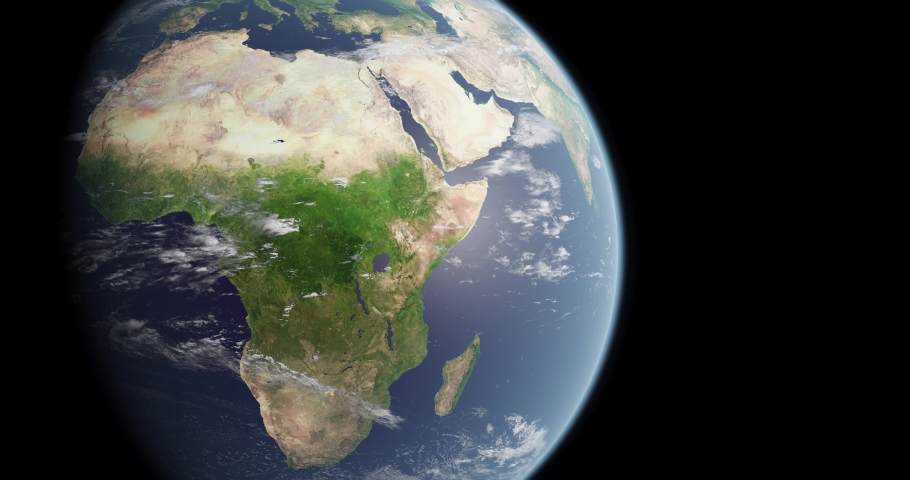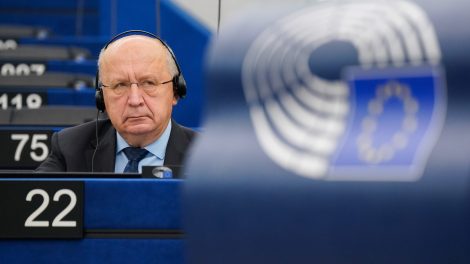From Wagner to Africa Corps. After Yevgeny Prigozhin’s death, the Kremlin brought its shadow army back under state command. The new Africa Corps, approximately 10,000 troops strong (expected to quadruple in size), operates across Mali, Burkina Faso, and Niger — often alongside local juntas.
- Recruitment is increasingly targeting young Africans, while the Africa Initiative, Moscow’s information wing, trains influencers and operates bot farms in French, English, Arabic, and local languages.
- The goal: to portray Russia as Africa’s liberator from “neo-colonial” Europe.
Disinformation as Doctrine. Between 2019 and 2022, over 160 million Africans came online — fertile ground for Moscow’s propaganda.
- ECFR’s Will Brown, on his latest policy brief notes that RT Afrique, Sputnik Afrique, and paid local outlets now dominate social media in the Sahel.
- Journalists earn up to $120 per article to promote pro-Kremlin narratives, sometimes boosted by AI-generated content and fake celebrity endorsements.
- The result: Russia commands up to half of online discourse in Mali, Burkina and Niger.
Ports and Power. Following Beijing’s footsteps, Moscow eyes Atlantic access — securing deals in Guinea, Togo, Equatorial Guinea, and São Tomé & Príncipe.
- These footholds could link Africa’s west coast to Russia’s Mediterranean operations — potentially shifting logistics and energy routes affecting Europe.
Europe’s Vacuum, Russia’s Opportunity. ECFR’s analysis highlights a paradox: the EU has refined its analysis of Russian threats but lacks practical tools.
- Sanctions and diplomatic caution have left Moscow free to act. “The void Europe leaves is never empty,” the report warns. “Russia fills it.”
What they’re saying. While Europe hesitates, Italy is on the ground, pushing its strategy dubbed “Mattei Plan”. Foreign Minister Antonio Tajani and Interior Minister Matteo Piantedosi concluded a mission across West Africa this week, from Mauritania to Senegal and Niger, reaffirming Italy’s commitment to regional stability.
- In Niamey, they met junta leader Gen. Abdourahamane Tchiani, Prime Minister Ali Lamine Zeine, and other top officials, pledging cooperation against jihadism and irregular migration.
- Tajani underscored that Italy’s mission in Niger (MISIN) remains the only Western military presence in the Sahel — a visible counterweight to Russia’s expanding role.
- “The situation in Mali is complicated, and tension is spreading across the region,” Tajani said in Dakar. “We’ve asked our citizens to leave the country. We work for de-escalation, not confrontation.”
- Piantedosi added that Niger is “a crossroads for human trafficking, weapons and drugs,” stressing that Italy aims to strengthen joint action against illegal migration and jihadist networks.
The Italian Strategy. Niger is a priority country for Italy’s development cooperation, with €94 million allocated to humanitarian and investment programs that focus on food security, education, and job creation — part of the broader Mattei Plan for Africa.
- Rome’s dual approach — security and development — aims to counter both Russian influence and migration pressures at the source.
The Bottom Line. Russia’s hybrid war in Africa is no longer a distant geopolitical experiment — it’s reshaping Europe’s southern flank. For Italy, the message is clear:
- Either Rome and Brussels fill the vacuum, or Moscow will.
- The battle for influence in the Sahel will shape not only African stability but also the future of Europe’s borders.





